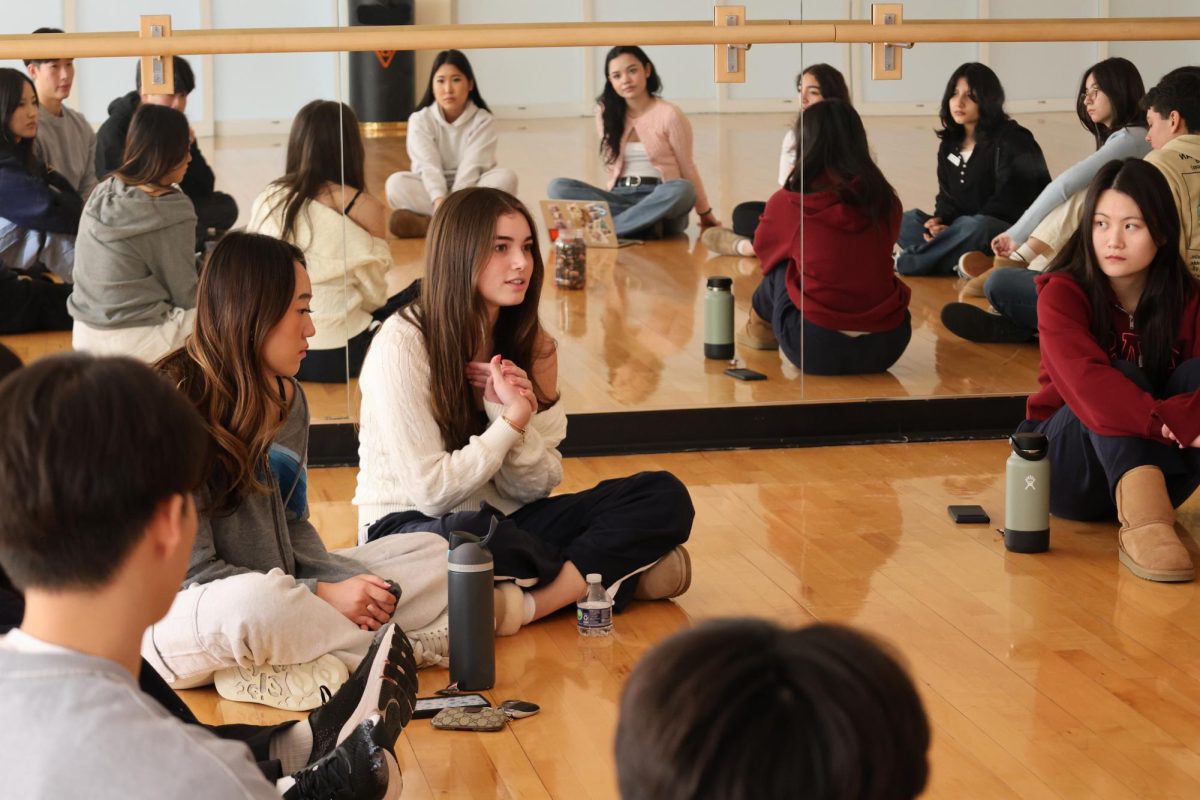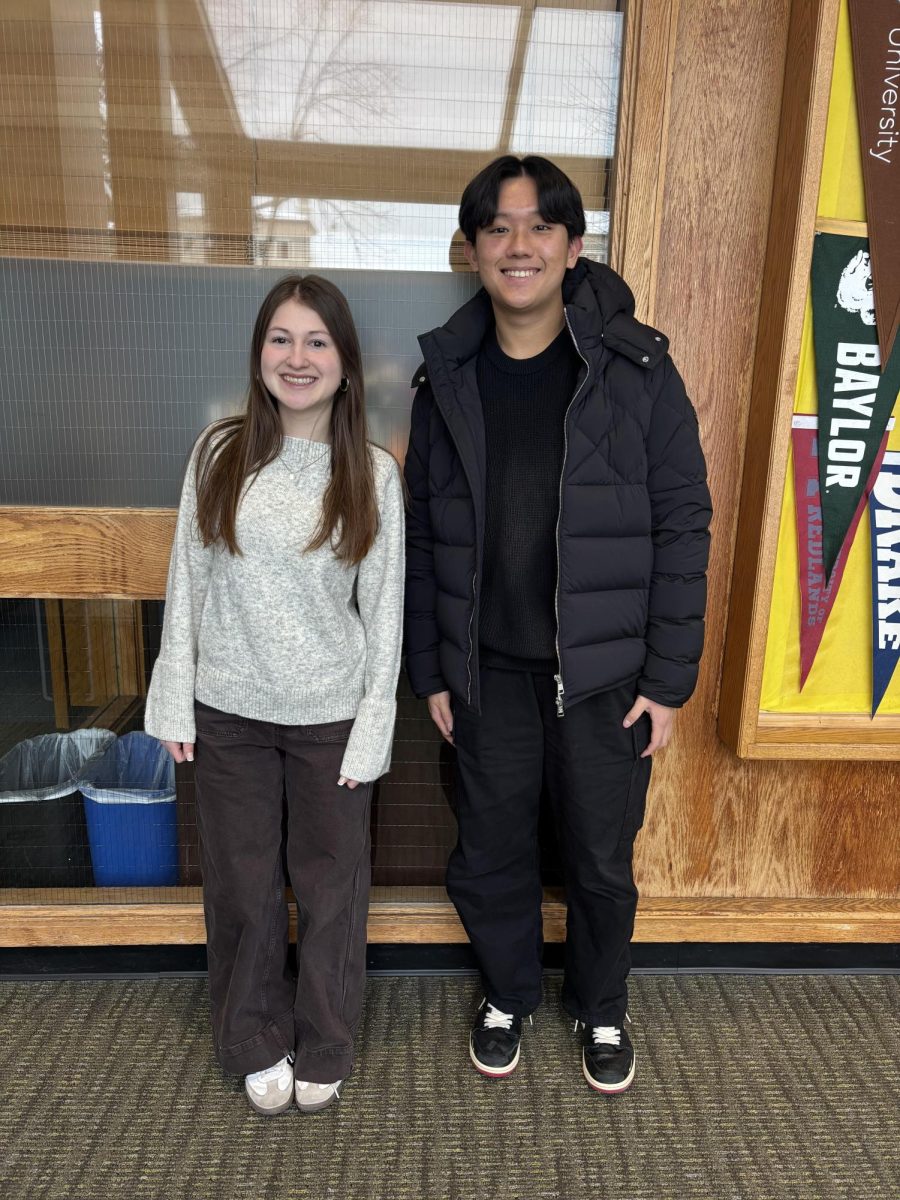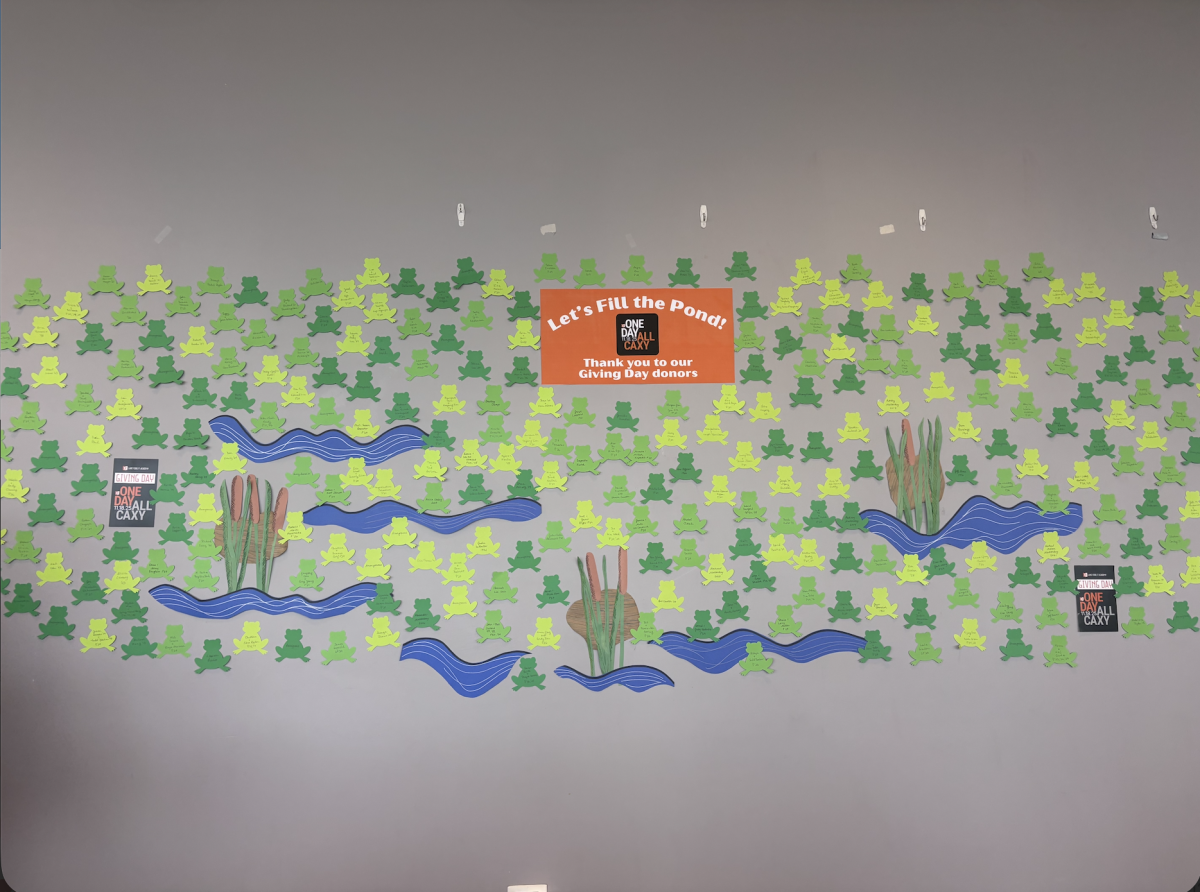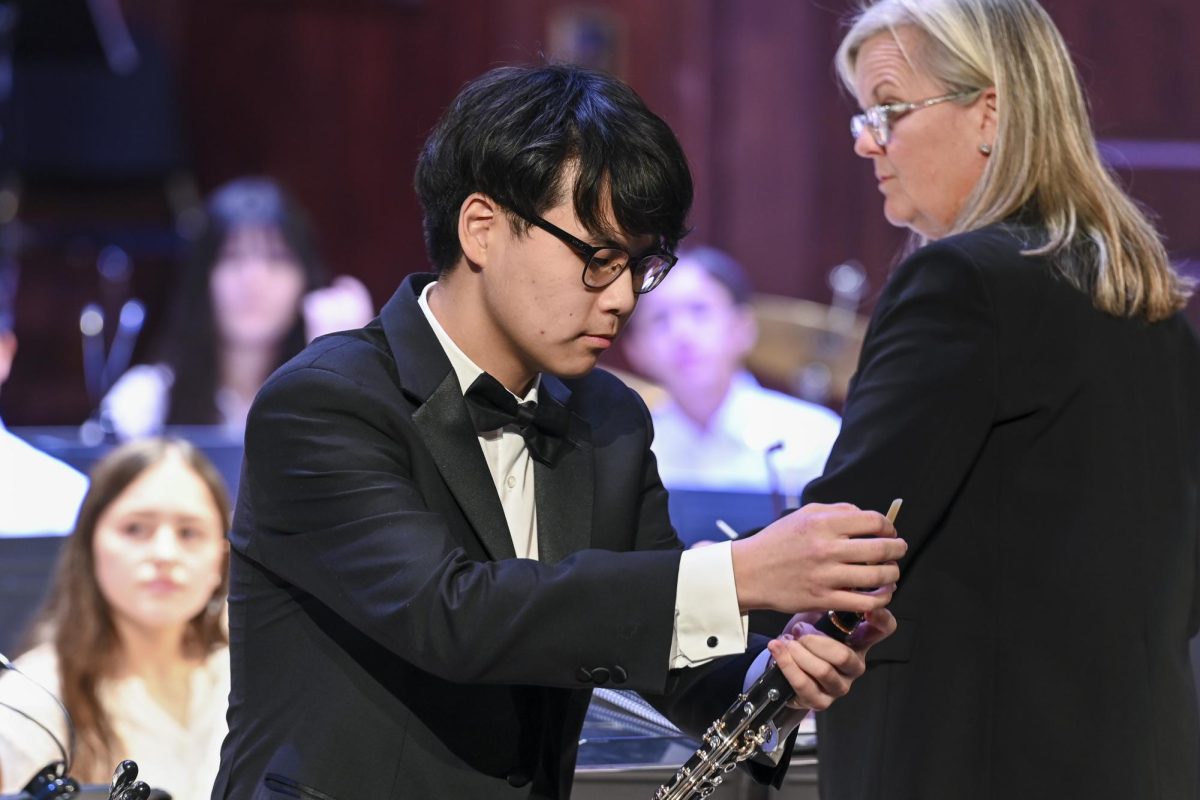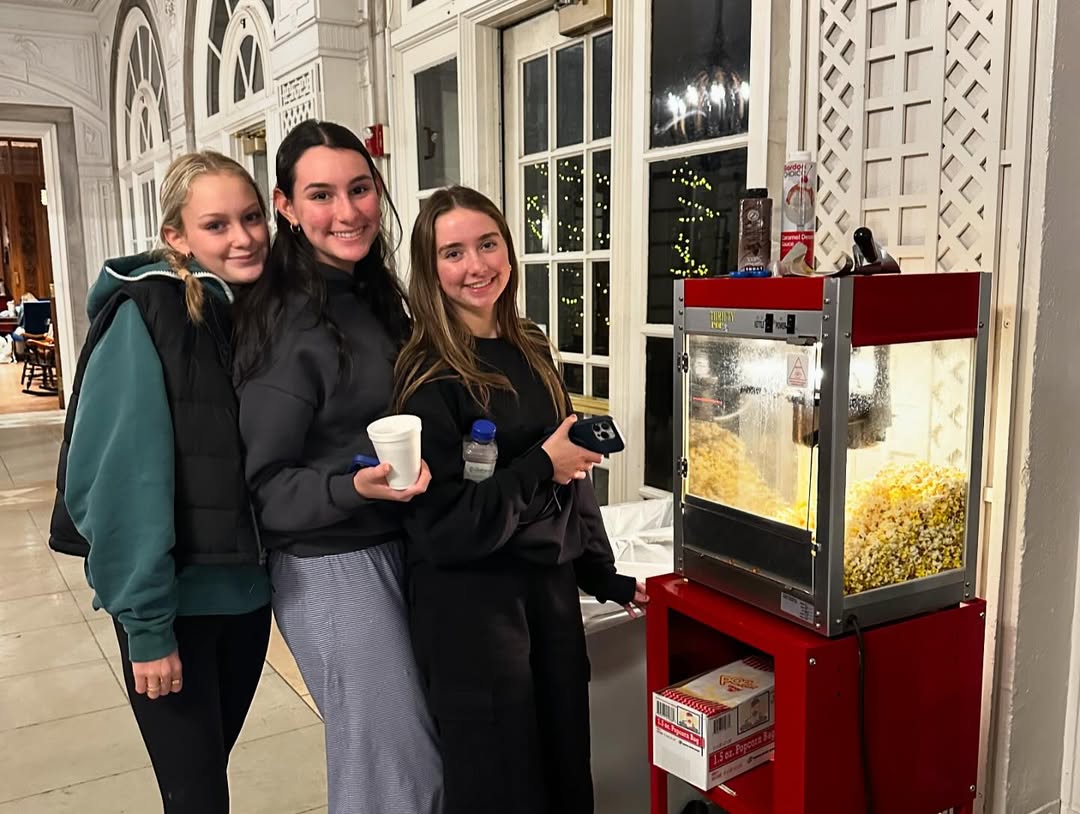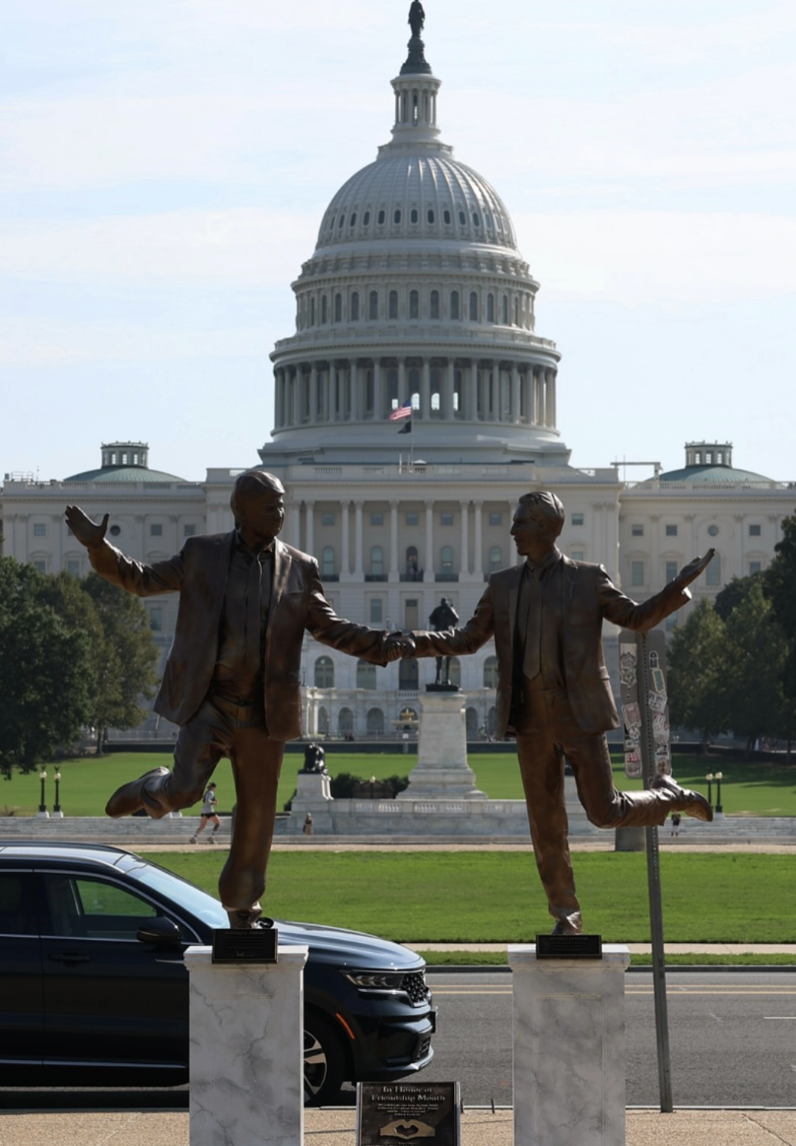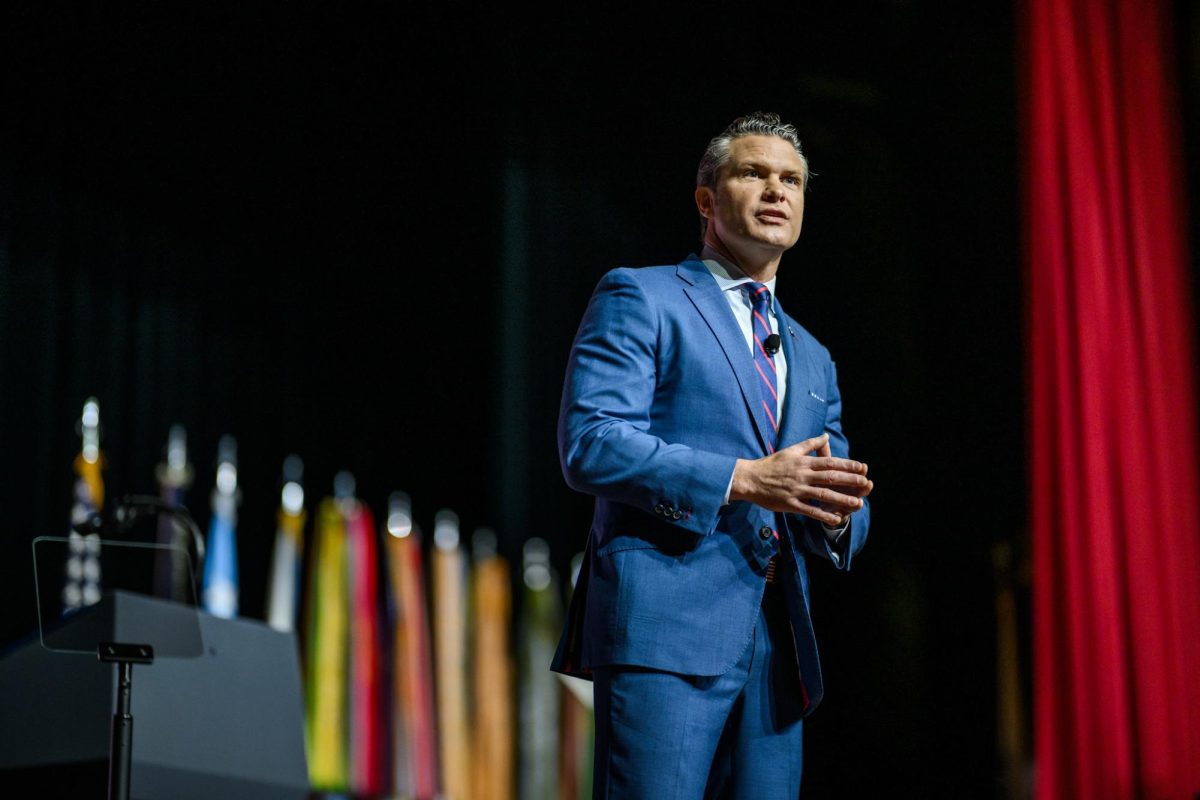True Crime: Trial of Alex Murdaugh and New LFA Classes
March 16, 2023
Calling the police from his cell phone on June 7, 2021 at 10:06 pm, Alex Murdaugh, member of an American legal family in the Low Country region of South Carolina, reported that he had found the bodies of his 52-year-old wife Margaret and their 22-year-old son Paul lying near the dog kennels at the family’s hunting lodge in Islandton, South Carolina. Both Margaret and Paul had been shot multiple times and with different weapons. As of this writing, Alex Murdaugh’s trial had rested its case on February 27, 2023, after 14 witnesses were called up over about two weeks of testimony. It had been testified that two shooters carried out the killing of Margaret and Paul Murdaugh in June 2021.
Since January 25, 2023, when the Trial of Alex Murdaugh opened, the public had been keenly following up with the updates as they were being broadcasted across major news media. This public attentiveness in the Alex Murdaugh Trials seems to have marked a time of an influx of interest in the idea of true crime, which, as LFA English teacher Lydia Wells put it, is crime that is true, everyday, and around us. “[True crime] is becoming even more prevalent now with the advent of technologies […] and more at our fingertips 24/7 with the news cycle,” Wells added.

(Courtesy of Creative Commons)
With the public being more invested in true crime, Wells decided to propose the addition of two new classes in the English department – Mystery, Murder, & Mayhem in Detective Fiction and Get a Clue: True Crime Stories. “They’re still very much in the planning stages,” Wells said, “[but] I really want to incorporate and to focus on how we can be an ethical consumer of other people’s tragedies.”
The two new classes will focus more on the contemporary topics and texts. “It’s a different way to tap into all the skills that we do in a regular English class […] just with maybe a little bit more of a relevant timely topic.” Wells pointed out that there is a void in the English curriculum, which has been composed mainly of classical and older pieces of writing such as Homer’s The Odyssey and Romeo and Juliet by Shakespeare, that could be filled with more contemporary texts.
In addition to the novel selection of topics and texts that focus on the contemporary, what also makes the two new classes unique is the fact that they are planned to potentially be as student-centered and student-focused while moving away from the traditional ways that English classes are taught, with quizzes or tests, and towards real life skills and creative projects such as having the students create their own podcast episodes. “If there are particular crimes, cases, or issues that [the students are] interested in, I really want that to be the driving force of the class,” Wells said.


